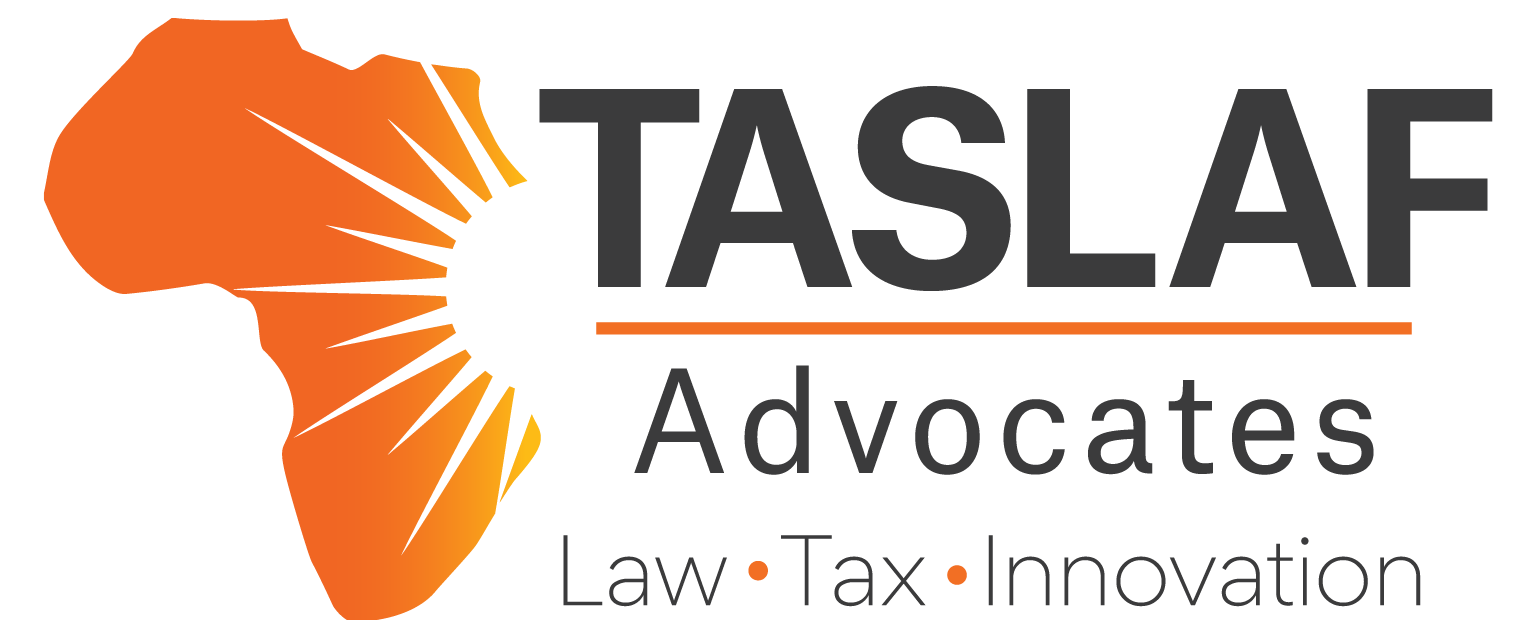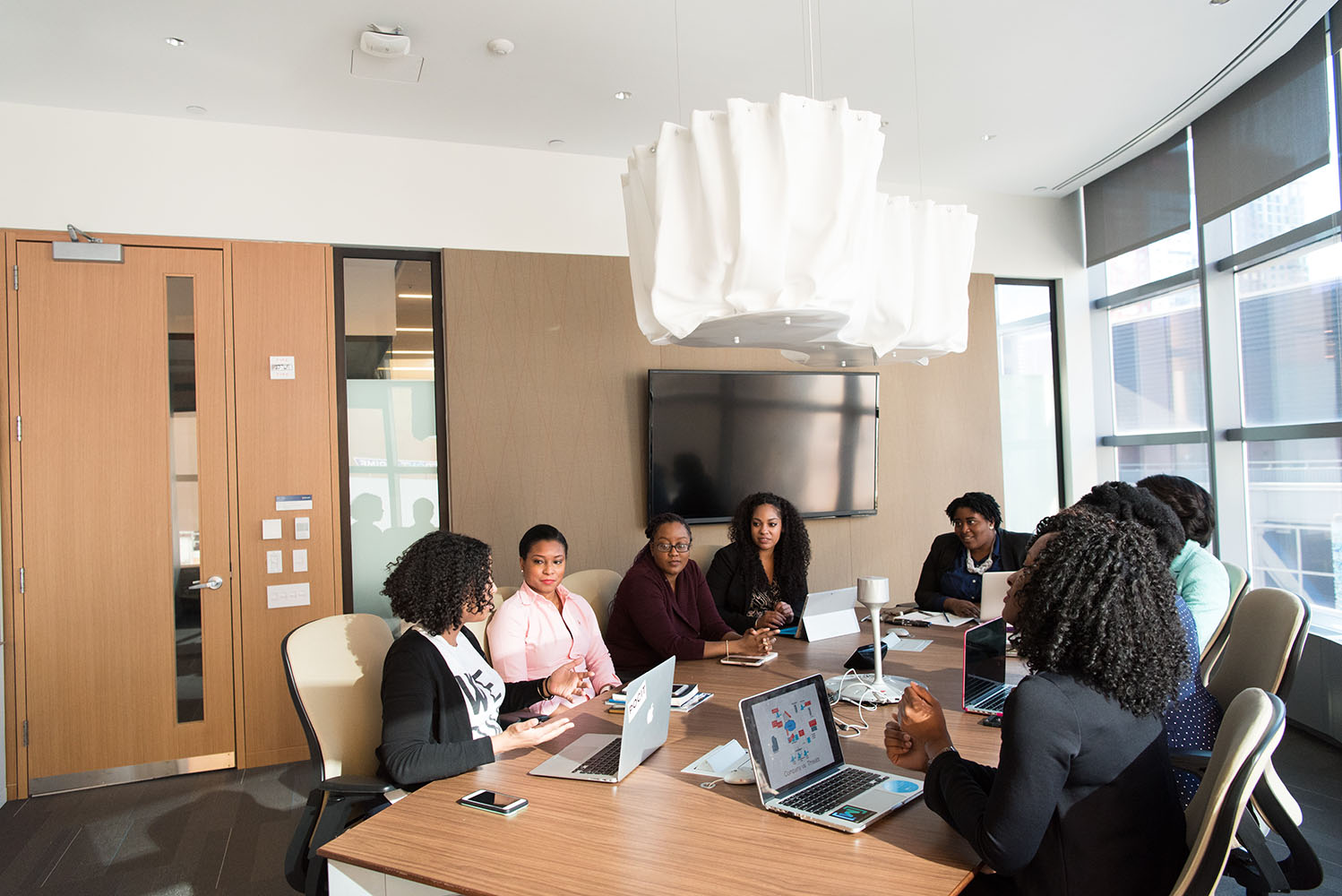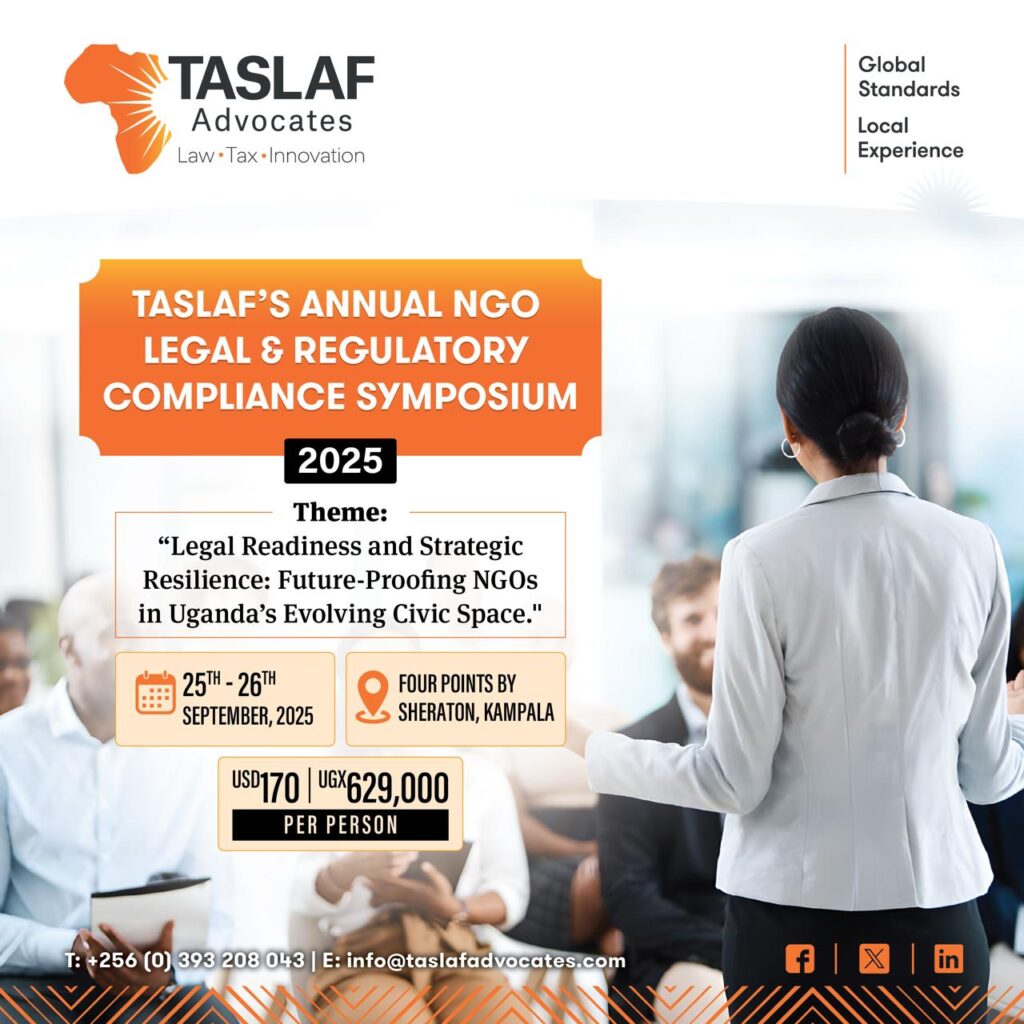Legal Obligation to hold meetings
Whereas the government of Uganda has declared an extra twenty-one days’ lockdown, the obligations of companies are still in force under the law. The registrar of companies has not briefed the country on how public and private companies can continue to convene and hold general meetings of their shareholders/members and directors whilst ensuring compliance with the Stay at Home Measures. Companies normally consider the financial statements of the previous year, debate the performance of the company, appoint external auditors, confirm their returns on investments, consider dividends payable to shareholders and make strategic decisions that will guide the company. Etc.
While the requirements of a valid general meeting are in part determined by a company’s articles of association and will need to be checked on a case-by-case basis, the majority of companies should still be able to hold a general meeting since it’s a requirement under the law. We discuss possible ways through which such meetings can still be conducted.
Can Companies incorporated under the Companies Act 2012 hold a virtual/
hybrid AGM?
Under the companies Act 2012, a company is statutorily obliged to hold an annual general meeting (AGM) every year. This mandatory requirement must be complied with. We note that for a public company, fifteen months should not lapse from the date of one annual meeting and that of the next.
For private companies, there are no limitations, it is good practice to hold an annual general meeting conducted in accordance with section 138 of the
companies Act 2012.
We note that many companies had already planned to have such meetings and can, therefore, proceed to conduct a virtual/online meeting.
What is a virtual-only AGM?
A virtual-only AGM is a meeting whereby members are given the opportunity to participate in the AGM/Directors Meeting using technology which allows members to vote, ask questions and participate electronically in real-time, rather than attend the meeting at a physical venue.
What is a hybrid AGM?
A hybrid AGM consists of characteristics of both a traditional and a virtual meeting, allowing members to opt between attending the meeting in-person at a physical venue or participating in the meeting through technology.
Whereas such meetings are not common in Uganda, the law does not prohibit their use. If the articles of association do not expressly prohibit use of electronic media to conduct such meetings, then they can be considered. We, however, note that the company should engage the shareholders/ member and Directors on this issue to ensure that they are comfortable.
If such a meeting is to be held, certain considerations must be done by the company;
Notice.
We recommend that the notice should contain clear instructions on how to access, speak and vote at the meeting. The notice should also make it clear that all votes will be taken on a poll.
Provision can be made for a helpline number to the facilitator or technology provider, or both, for those shareholders who need assistance with using the technology before or at the meeting.
Notice should still be given as provided for in the articles of association such as 21 days’ clear notice.
In case a company had already issued its AGM notice for a physical-only meeting but its articles allow for a hybrid/virtual AGM, it can change to a virtual AGM. An announcement should be made to reflect this decision and the website of the organisation should be updated accordingly.
Other Considerations
- Technology Use; Engage an appropriate technology solutions provider to ensure that the AGM satisfies legal requirements and provides a user-friendly experience to the company and shareholders;
- Ensure the technology provider and facilitator work together to develop and implement an appropriate solution;
- Determine whether a virtual meeting will exclude some of your shareholder baseless familiar and with less access to technology (e.g. will the AGM be accessible from all common devices?). We advise that companies communicate with such shareholders to avoid exclusion.
- Determine whether the meeting will be audio-only or audio and video. We recommend a video session for such meetings.
- Determine whether the cost of a video meeting is proportionate with the companies’ budget.
- What processes will be in place to ensure that technology is secure and effective and works seamlessly without interruption during the meeting?
- How will the organiser ensure robust validation of shareholder entitlement to participate and vote;
- How will the question and answer session be managed and what protocols will be put in place; will questions need to be submitted in writing in advance of the meeting, through an online message board during the meeting, or both;
- Who will review the questions to facilitate board response? We note that transparency in the shareholder question process is critical to maintain the shareholder’s/members confidence;
- Determining whether the chosen technology accommodates your company’s specific requirements (e.g. allowing voting throughout the meeting or showing presentation slides etc.)
- Must ensure that there is sufficient time for testing of technology and rehearsals.
- Its important to ensure that the meeting has quorum and therefore notice must be responded to and people registered.
- The organisers must consult with key shareholders to ensure they are comfortable with what is proposed.
Options where the Articles are silent on Virtual Meetings
In the event that the articles of the company do not permit the above option, then they would have no option but to explore the following;
Delay the Annual General meeting.
If the notice for an AGM has not already been circulated, the company may wish to change the usual date on which it holds the AGM to later in the year. With the on-going crisis, this would be reasonable and understandable by the members.
Postponement of AGM
In the event that a company has already issued its AGM notice, it can postpone its AGM if its articles permit it to do so. The articles will
govern the process for postponing the AGM, but there is no statutory minimum notice period for rearranged meetings. As a matter of good practice, we recommend 21 clear days’ notice.
Recommendations for reform
The covid-19 has effectively exposed loopholes in our laws; this is another area that was never anticipated by many companies and organisations at formation. We propose the following;
- Revise articles of association. Articles should be revised and amended to incorporate language required to permit a hybrid or virtual meeting.
- Remove provisions which directly or indirectly prohibit the holding of meetings entirely in electronic form (e.g. any requirement that the notice states the place of a general meeting.)
- Include a provision which expressly permits a hybrid or virtual AGM.
- Change the quorum requirements to make it clear that members attending a meeting who are not in the same location as each other may form part of the quorum.
- Provide that all votes will be taken on a poll (electronic participation will generally mean the votes must be taken on a poll).
We finally note that under the companies Act, 2012, following the conclusion of such meeting, the company is obliged to file its annual returns with Uganda Registration Services Bureau, within forty two (42) days from the date of this meeting, failure of which creates liability for the company.
Conclusion
The outbreak of the covid-19 pandemic is unprecedented and will have a profound impact on the ability of companies to hold their AGM’s this year.
We note that contingency planning is key and companies must think outside the box since government has not come up with any regulations or directives on the same.




